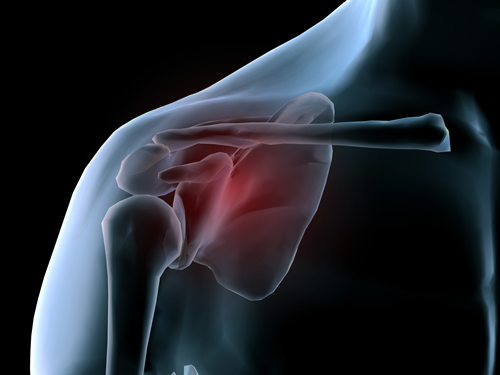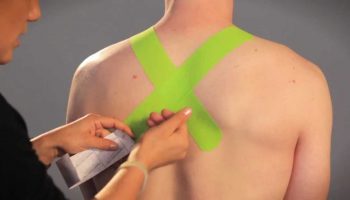
If after a period of time nonsurgical treatment does not relieve your symptoms, your doctor may recommend surgery. There are several surgical procedures to treat cervical radiculopathy. The procedure your doctor recommends will depend on many factors, including what symptoms you are experiencing and the location of the involved nerve root.
Pinched Nerve Shoulder Tests and Diagnosis
Your doctor will ask about your symptoms and conduct a physical examination.
If your doctor suspects a pinched nerve, you may undergo some tests. These tests may include:
Nerve conduction study. This test measures electrical nerve impulses and functioning in your muscles and nerves. A specialist places electrodes on your skin. The study measures the electrical impulses in your nerve signals when a small current passes through the nerve.
Test results tell your doctor whether you have a damaged nerve.
Electromyography. During an EMG, your doctor inserts a needle electrode through your skin into various muscles. The test evaluates the electrical activity of your muscles when they contract and when they’re at rest.
Test results tell your doctor if there is damage to the nerves leading to the muscle.
Magnetic resonance imaging (MRI). This test uses a powerful magnetic field and radio waves to produce detailed views of your body in multiple planes.
This test may be used if your doctor suspects you have nerve root compression.
Pinched Nerve Shoulder Surgery Risks
The possible risks and complications for any cervical spine surgery include:
- Infection
- Bleeding
- Nerve injury
- Spinal cord injury
- Reaction to anesthesia
- The need for additional surgery in the future
- Failure to relieve symptoms
- Tear of the sac covering the nerves (dural tear)
- Life-threatening medical problems, such as heart attack, lung complications, or stroke







